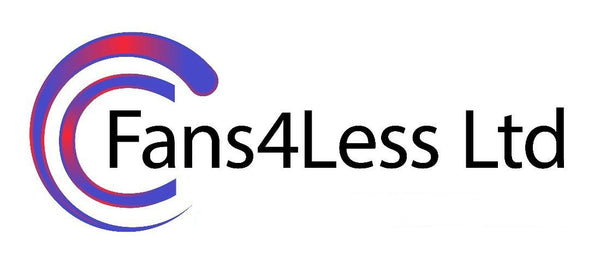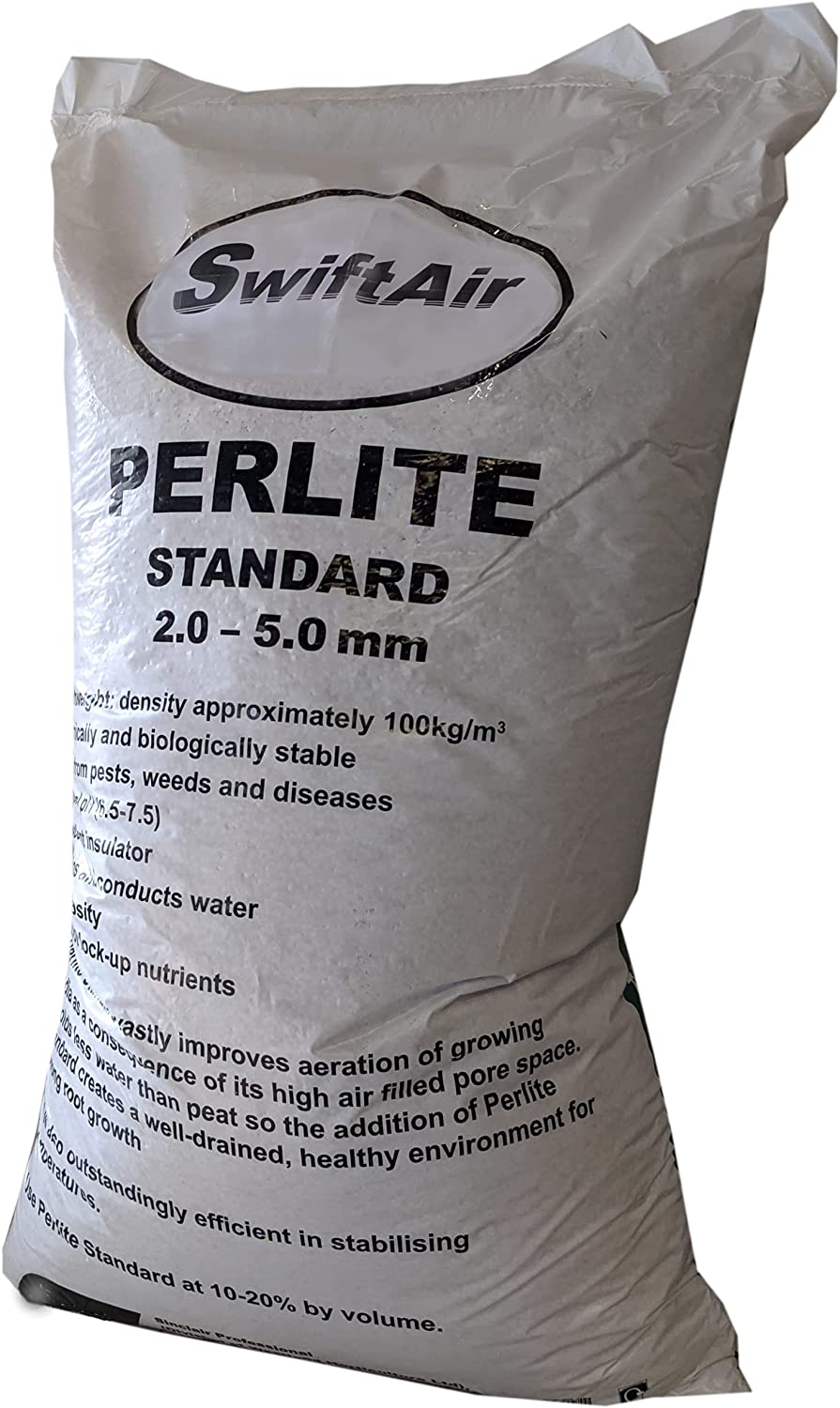Perlite, due to its low density, minimal volume, physical resilience, chemical stability, fire resistance, and low acoustic permeability, is a necessity for a variety of applications, including usage in agriculture, construction, water filtration, and more.
Textile Perlite
Perlite is widely utilized in the washing of textiles, particularly denim garments. It imparts a "stonewashed" or "stoned" aesthetic onto clothing items, and facilitates the alteration of surface textures and hues without causing corrosion or clogging of machinery. It is also noted for its lightweight properties which make handling and application easier.
Agriculture Perlite
Perlite is a substrate used to improve the physical properties of the soil. It is used to create optimal soil conditions, increase density, reduce drainage and preserve moisture, provide a good breeding ground for seedlings and ensure excellent aeration. Specifically, it is used for agriculture, horticulture, greenhouse cultivation, and sports fields.
Construction Perlite
Perlite (Standard Grade) 2-5mm is suitable for shaped insulation materials in roof and floor insulations, perlite plasters, lightweight insulation concrete with a perlite aggregate (cement or gypsum binder), lightweight building elements, ceiling and pipe insulations, etc. Additionally, it can be used as a loose filling material as an insulation material in attics, floor and wall cavities, on surface floors, and in foam form after a special treatment with silicone. Finally, it can be used in perlite concrete for special purposes when made with binders other than cement and gypsum.
Food, Pharmaceutical Chemistry (Filtration) In the food industry, Perlite (Standard Grade) 2-5mm is used for straining fruit juices, vegetable edible oils, sugar syrup, corn sherbet (producing glucose I dextrose), beer, wine and liquors. It is also used for filtration of dyes, white water filtration in the paper industry, antibiotics, pectin, citric acid, soda ash solutions, sodium silicate (water glass), sulfuric acid, uranium sherbet, floccine in hydroxide and flocculation processes, as well as phosphoric acid leaching. Additionally, it is suitable for drinking water filtration, swimming pool water filtration, waste water cleaning and filtration processes, and machine oil filtration (regeneration of used machine oils).
As a filler in the pharmaceutical and chemical industry;Perlite (Standard Grade) 2-5mm is suitable for many applications, including veterinary and human healthcare drugs, pesticides, cleaning powders, fertilizers, dynamite production and high-performance paint with large surface area coverage. It is also used in the cosmetics industry, such as soaps.
As a heat insulation material in industry; Reactors up to 1000° can benefit from Perlite (Standard Grade) insulation. It is an ideal material for cold storages, LPG, LNG, liquid oxygen, liquid nitrogen, ammonia, liquid propane, ethane, methane, liquid noble gases, propellants and refrigerants. Additionally, it makes an effective additive for ceramics and glass production.
Metallurgy
Perlite (Standard Grade) 2-5mm can be used as an additive to foundry sand, a metallurgical flux in foundry, a protector of molten metal in crucible, a slag controller of molten metal in iron and steel industries, a heat retainer of hot metal ingots in forging and rolling, an insulating material for ceramic bonded refractory bricks, perlite refractory bricks, aluminum phosphate-bonded concretes and refractory mortars.
Applications in Other Fields
Expanded Perlite is an insulating aggregate that is resistant to water and fire, improving thermal performance for masonry walls and floors. It's also used as an additive in oil, water and geothermal drilling (to facilitate the cementing process), as well as to coat and insulate ship bottoms (caulk pastes). Additionally, its high insulation capabilities and versatility are ideal for varied construction projects, while in landscaping, it's suitable for green roof construction, golf green renovation and construction, planters, drainage and reduction. Moreover, it's often used to remove water pollution from oil residues and other oily wastes, particularly in seas, as well as in high temperature applications in the steel and foundry industries such as ladle topping, hot topping and risering.















